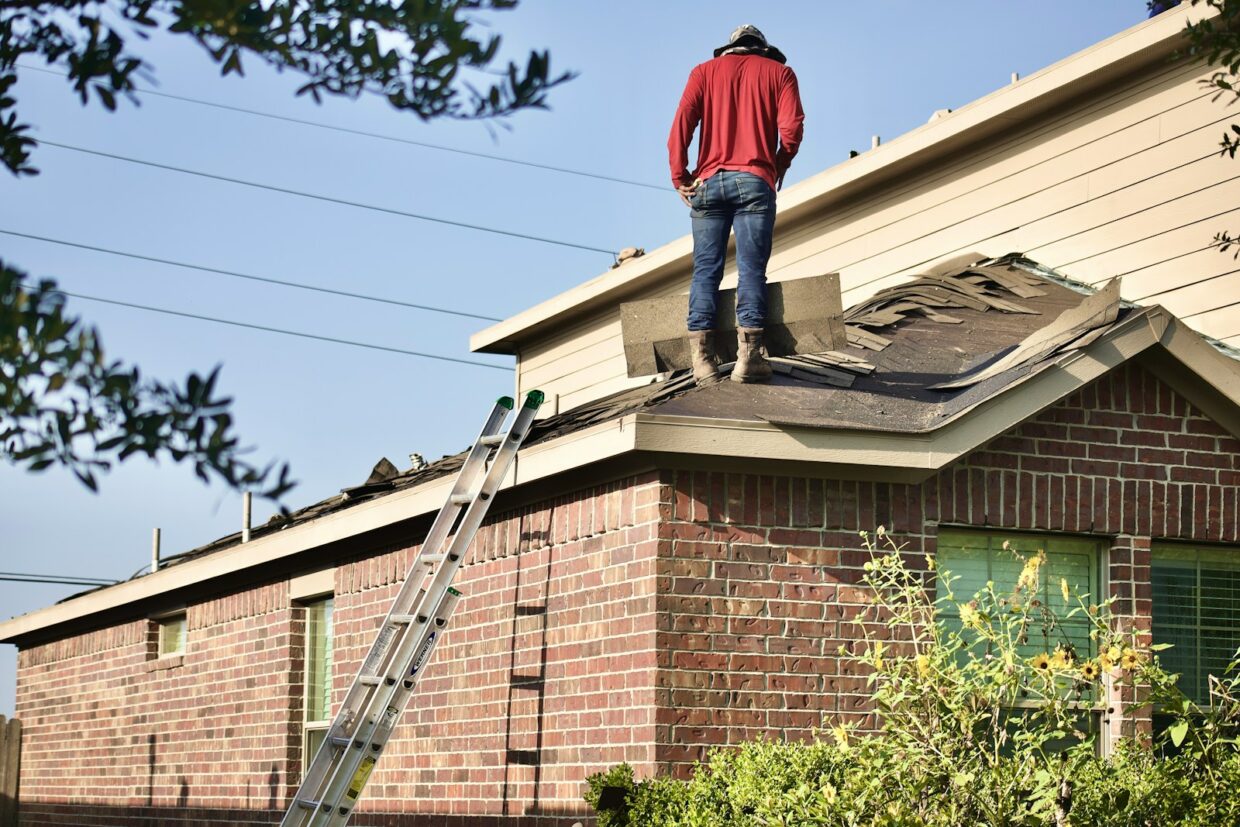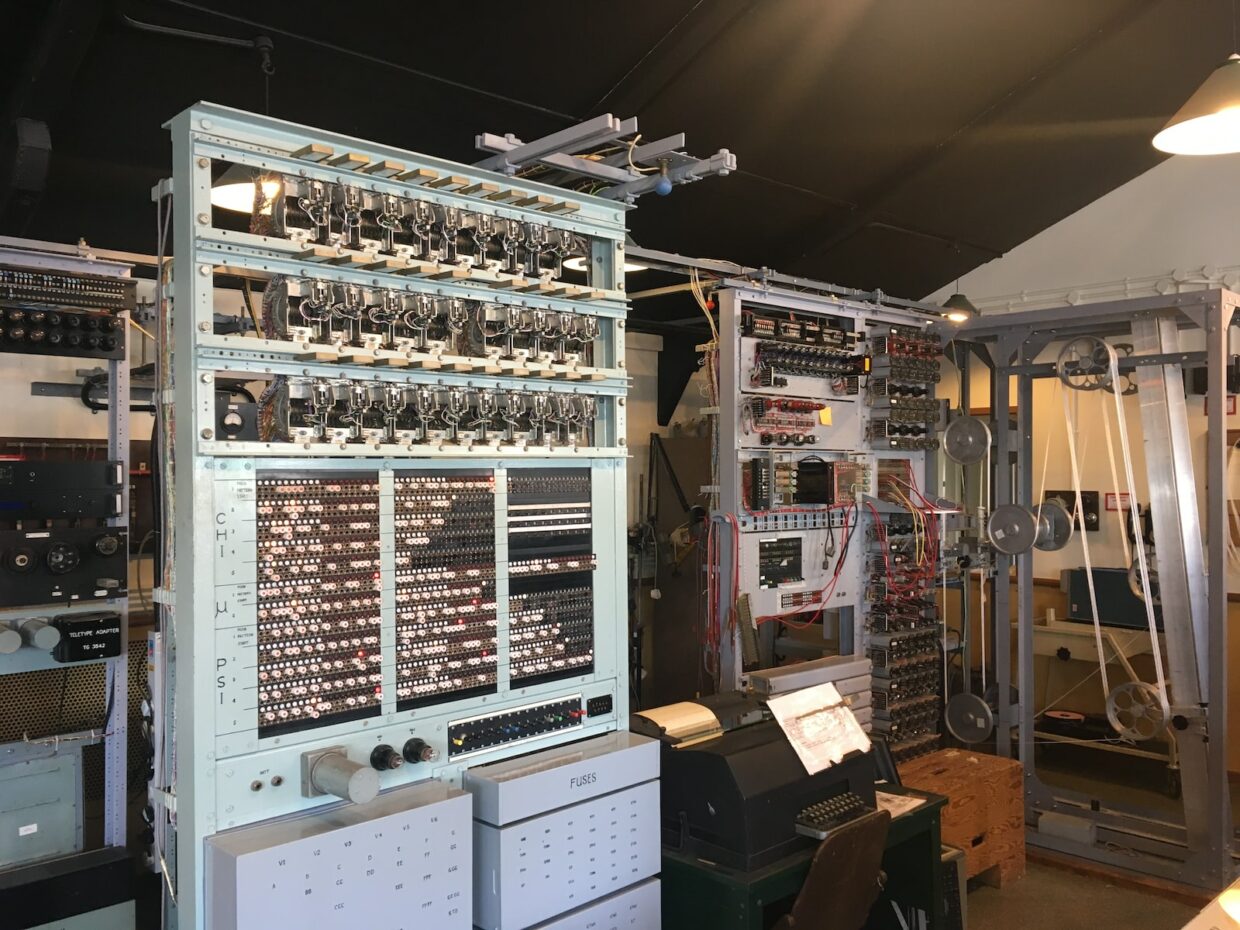New Zealand is home to a thriving tech industry which offers a diverse range of innovative products and services. From high-tech software to cutting-edge hardware, the country has a wealth of tech-savvy companies driving the sector forward. Emerging technologies such as artificial intelligence, the internet of things, and blockchain have been embraced by many Kiwi tech companies, creating exciting new opportunities for business growth. In recent years, one particular area of focus has been the smart building industry, which is proving to be a lucrative sector for businesses. In this article, we’ll look at how the smart building industry is impacting New Zealand’s tech sector and what businesses need to know about this innovative industry.
What Is the Smart Building Industry?
The smart building industry is defined as the use of technology to enable buildings to become more responsive, efficient, and safe. This includes the installation of sensors, automated systems, and communication networks to enable buildings to react to their environment and the needs of their occupants. In New Zealand, businesses are now turning to smart building technology to make their operations more efficient, improve occupant safety, reduce energy consumption, and make their buildings more attractive to potential customers and tenants. The industry is rapidly growing in New Zealand, with many businesses investing in smart building solutions to reduce costs and improve productivity.
Benefits of Investing in Smart Building Technology
Smart building technology can provide businesses with a range of benefits. By investing in smart building solutions, businesses can enjoy improved energy efficiency, enhanced safety and security, and streamlined operations. Here are some key benefits to consider:
- Cost savings – Smart building technology can help businesses to reduce energy costs, as well as maintenance and operational expenses.
- Enhanced safety – Smart building technology can help to improve safety in buildings by enabling the detection of fire, smoke, and other hazards. This can reduce the risk of serious incidents and improve the safety of occupants.
Smart building technology can also provide businesses with improved connectivity and communications between staff, residents, and customers. This can help to improve collaboration and encourage innovation, as well as providing businesses with an improved customer service experience. Additionally, smart building technology can help businesses to reduce the risk of theft or vandalism and keep tenants happy.
Why New Zealand Is Well-Placed to Capitalise on Smart Building Technology
New Zealand is well-positioned to capitalise on the smart building industry. The country is home to a number of innovative companies which are leading the way in the development and deployment of smart building solutions. In addition, the government is strongly supportive of the industry, with numerous initiatives being implemented to encourage businesses to invest in smart building technology. This has resulted in a number of companies receiving funding to develop new solutions, while others are taking advantage of existing government schemes, such as the Smart Ideas Initiative, which supports businesses in the deployment of new technology.
Furthermore, the country’s relatively small population means that smart building technology can be rapidly deployed and adapted to meet the needs of local businesses. This has enabled many companies to roll out smart building solutions quickly, allowing them to enjoy the benefits of the technology in a short timeframe.
New Zealand is also home to a number of leading universities which are researching and developing intelligent building solutions. This has allowed the country to be at the forefront of the industry, enabling businesses to take advantage of the latest advancements in technology.
Key Considerations for Businesses Investing in Smart Building Technology
For businesses looking to invest in smart building technology, there are certain considerations that need to be taken into account. Here are some of the key considerations for businesses when investing in smart building solutions:
- Cost – Investing in smart building technology can be costly, particularly when it comes to installation and maintenance. As such, businesses need to ensure they have the budget in place to cover these costs.
- Compatibility – When investing in smart building technology, businesses need to ensure that the solution is compatible with their existing infrastructure. Additionally, the system should be designed to be easily integrated with other building management systems.
Businesses also need to consider the level of expertise and experience required to implement and manage the technology. If a business is not confident in their ability to manage the technology, they may need to hire an expert to ensure the system is installed correctly and maintained properly. Additionally, businesses should ensure that the systems they invest in are secure and will remain up-to-date with the latest security protocols.
New Zealand’s smart building industry is growing rapidly, offering businesses the opportunity to take advantage of cutting-edge technology to improve their operations. By investing in smart building solutions, businesses can benefit from improved energy efficiency, enhanced safety and security, and streamlined operations. With the number of innovative companies and government initiatives in the country, New Zealand is well-positioned to capitalise on the smart building industry and businesses should consider how they can make the most of this technology.







































